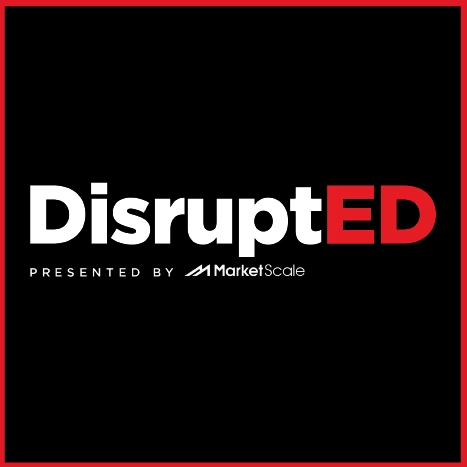The Job Market is Reevaluating Requirements as Skills Begin Taking More Precedence Over College Degrees
College degrees are a highly demanded requirement for many employers, but is that changing? The age-old paradigm of traditional college degree-driven careers is gradually giving way to more skills-based roles, reflecting a significant shift in how society views employability. Research reveals that around 60 percent of Americans do not hold a bachelor’s degree, yet many jobs require one, often sidelining potential talent that can fare just as good.
Are traditional college degrees still the gold standard, or can skills and experiences provide an alternative pathway to success?
On the latest episode of “DisruptEd,” host Ron J. Stefanski explored how and why this narrative is changing with Jamai Wallis Balvin, the dynamic founder and CEO of Innovate+Educate. The two talked about what it means to create good trouble, the recent Clinton Global Initiative event, and how attitudes are shifting towards degrees versus skills.
Their conversation also explored:
- Shifts in narrative and how the terminology around employment and skills has evolved over the last decade.
- Debunking the myth of degree-based superiority and embracing skills-based capabilities.
- The stories of those breaking barriers despite lacking college degrees and conventional qualifications.
Jamai Wallis Balvin is the founder and CEO of Innovate+Educate. She has a rich background, transitioning from a successful investment banking career to the world of education. Recognizing the gap in the system, she embarked on a mission with Innovate+Educate to advocate for skills-driven employment, particularly for underserved populations.
Article written by Alexandra Simon.




